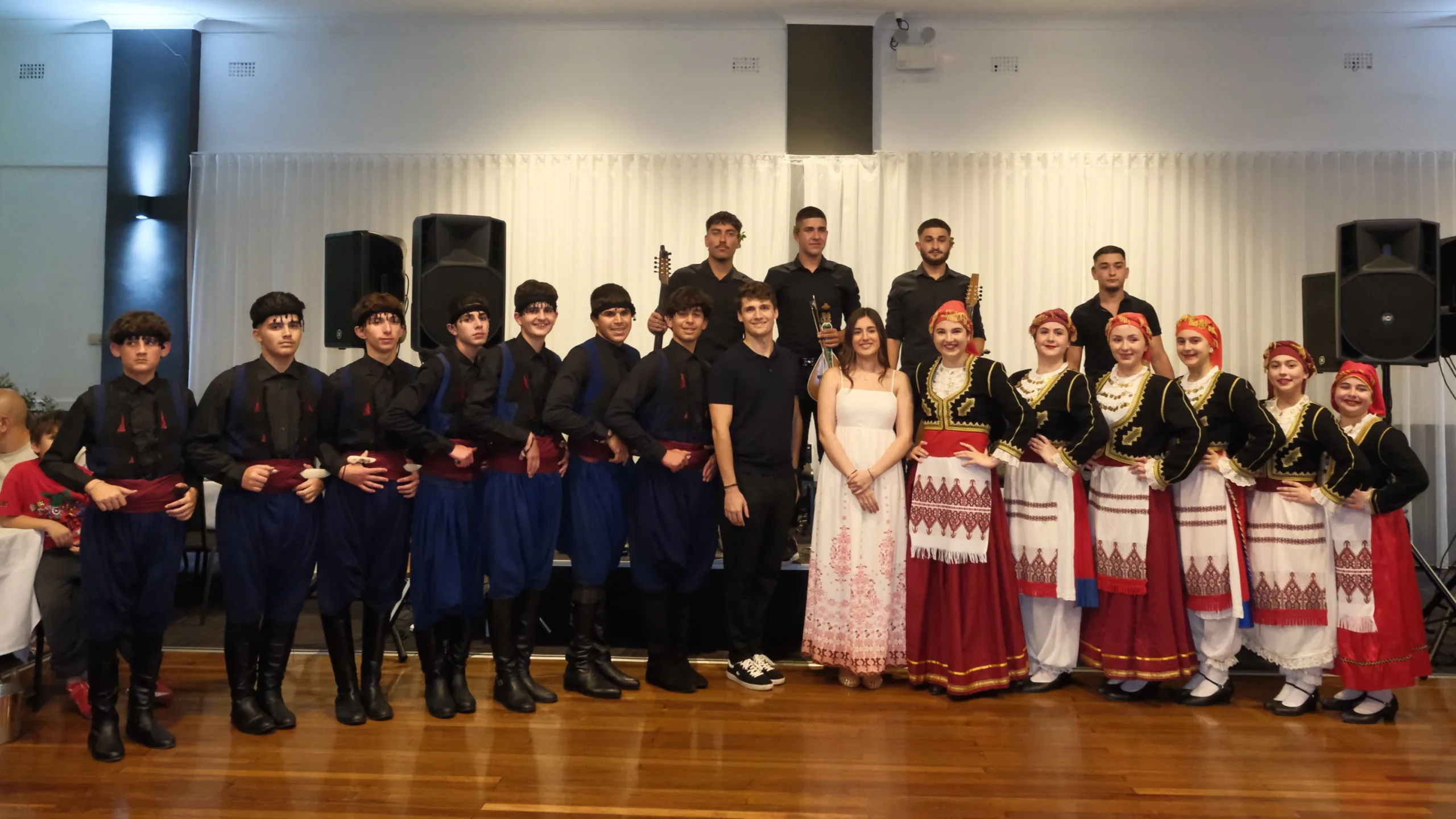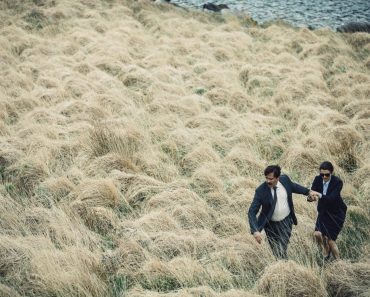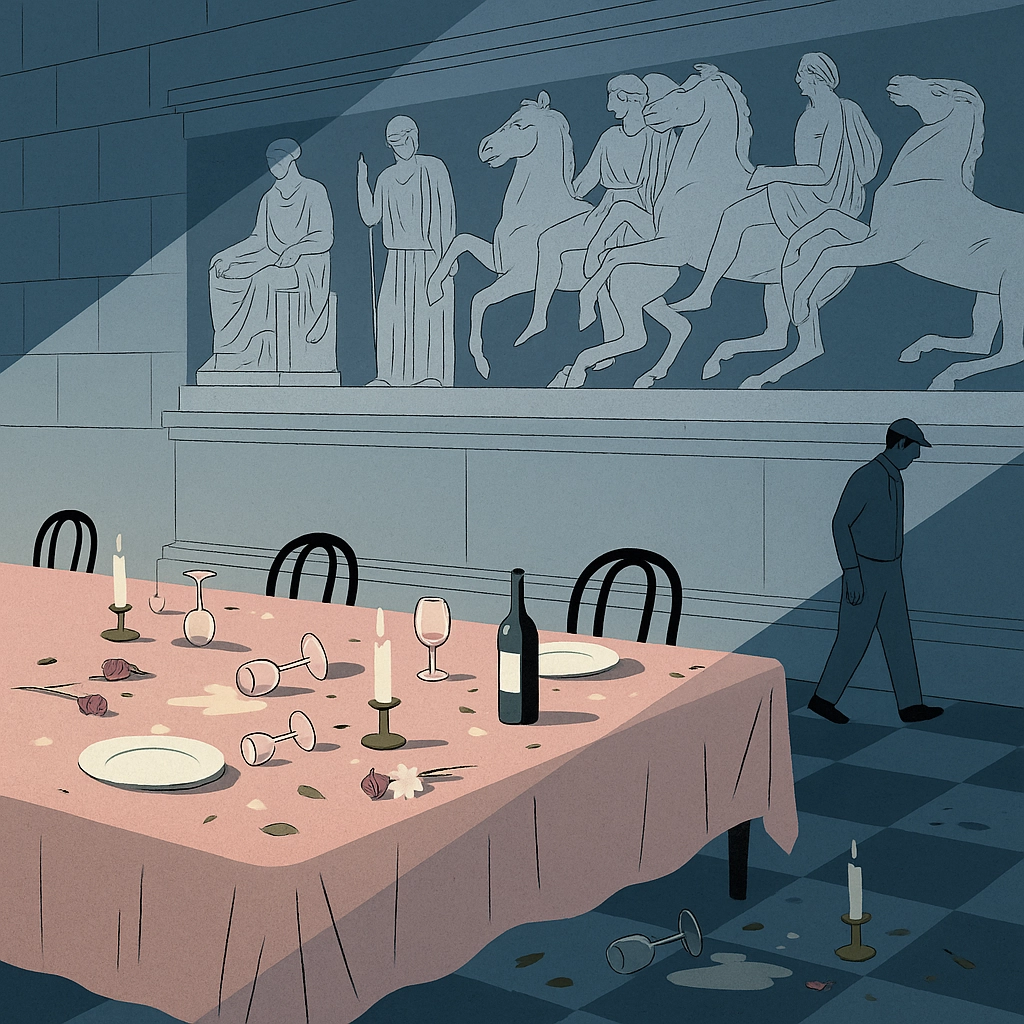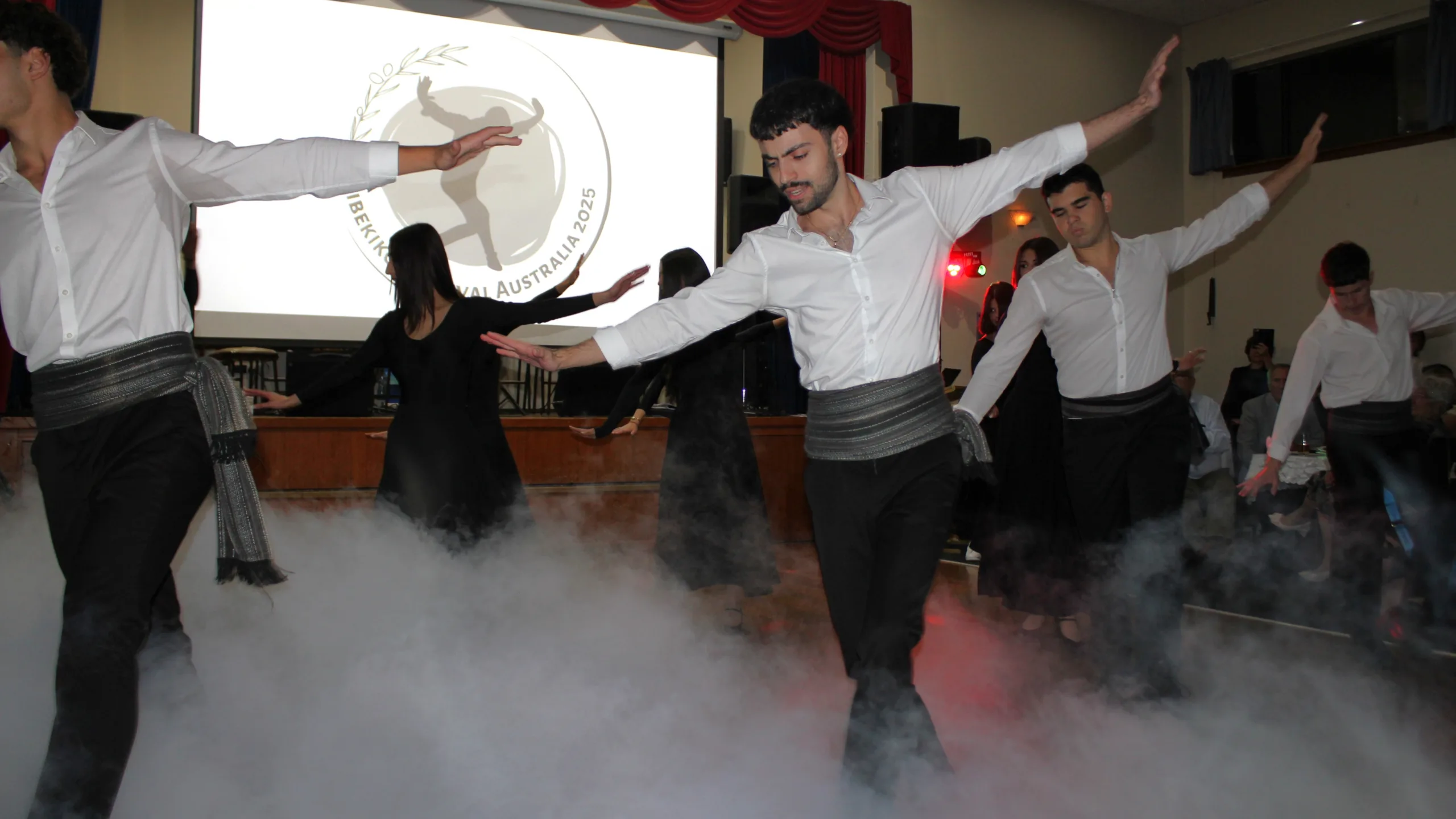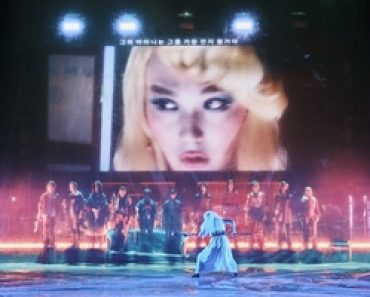His imposing yet tranquil figure couldn’t go unnoticed among a thousand Cretans. But hear him speaking Greek with the island’s distinctive intonations or introducing himself with the sing-song quality in his speech shared by older residents of Crete, he easily passes for one of them. But this is what makes Ross Daly Ross Daly – the musician of Irish descent who, after traveling the world, settled on the Greek island more than three decades ago, dedicating himself to studying, playing and teaching its music, along with the traditional music of other parts of the Eastern Mediterranean.
Of course, rather than using tradition as an alibi to replicate the past, he views it as an accumulation of knowledge that feeds creative forces in the present and forms the foundation of what is yet to come. “This is how tradition brings balance to the three dimensions of time – past, present and future – and hence attains a timeless quality,” says the 73-year-old artist, who also heads Labyrinth, a music workshop – and much more – based in Houdetsi in Iraklio.
This was also the philosophy behind “Erotokritos in the Labyrinth,” which Daly and his workshop recently staged at the Odeon of Herodes Atticus in Athens. The performance comprised selected excerpts from Vincenzo Kornaros’ 17th-century pastoral romance set to original music. “I find ‘Erotokritos’ to have a very intense local color, while it also addresses universal values and situations, which people from any cultural background can appreciate and understand,” says Daly.
Where does Greece belong, musically speaking? In the East or the West?
I don’t separate music between East and West as much as, for example, between polyphonic musical traditions, found mainly in the Western world, and modal music, which is based primarily on phrasing. About 90% of Greek music falls into this latter category and is related to many musical idioms, stretching from northwestern Africa to the western provinces of China, and to almost everything in between. The idioms across this vast geographic expanse share specific relationships with one another. Their musical phrases are small melodic nuclei that can travel great distances – and wherever they go, they adapt to the sound of each place.
Is that how Greece acquired such a distinctive variety of music, or does it happen everywhere?
People traveled then as they do now, and they carried elements of one culture into another. Certain communities played a central role in this, such as the Roma, who transported sounds, musical styles, even instruments. In every region, therefore, we see a central musical idiom surrounded by smaller, local musical nuclei that develop around it. The same is the case here on Crete; the differences between Hania and Iraklio are enormous. Of course, it takes some real engagement to notice them. I remember my friends listening to songs by Yannis Markopoulos, performed by Nikos Xylouris and Haralambos Garganourakis, and thinking the two singers sounded identical. But to me, they’re as different as Pavarotti and Sinatra.
What do you remember from your first teachers on Crete? From Kostas Mountakis, for example?
Mountakis was a very generous and down-to-earth man. Even though he was this huge personality on Crete, he was always very humble when he approached others. I remember something he said the first time I met him. I introduced myself, said my name is this, and I’m from Ireland – and I’m learning the lyra. And he said, “So am I.” I think that sums up the great Kostas Mountakis very aptly. He reached the heights that he did thanks to this attitude.
What do you think about the increasing number and popularity of panigiri village fetes, especially among young people?
I don’t think of panigiris as being good or bad, necessarily. They can be very beautiful, they can be very ugly. It depends on how we approach them and serve them. The fact that they are now geared toward great masses of people means that they’re very different from what I knew as a panigiri back in the 1970s. The biggest gathering then would come to 300 people; today, that number is practically a house party. There’s also way too much alcohol involved. That’s a frequent problem. And the way they have somehow become more commercial also deprives them of their authenticity. There are cases, of course, where panigiris are still very beautifully done.
The shared, communal experience is considered one of their greatest attributes. I recently read of a native Brazilian tribe, the Suya, which uses the same word to describe people who play music and those who listen to it.
‘I don’t think of panigiris as being good or bad, necessarily. They can be very beautiful, they can be very ugly. It depends on how we approach them and serve them’
That seems perfectly reasonable, and it’s something I have experienced as a musician. In general, when you play for an audience and you can really feel their engagement, feel that they’re paying attention and living the moment with you, you get the sense that you’re not the only one making the music. It becomes an act created by all of us together.
How is music linked to our experiences?
Music gives you whatever you ask from it, more or less. One person may ask it to accompany their moments of fun – that’s easy. Another may ask it to sketch out the trajectory of their life, almost journalistically. And someone else may even ask music to take them beyond the limits of their own self. Music can do all of that, depending on what we give to it and how we approach it. Especially for the musician, if they approach it with the aim of commercial exploitation, the result may not be as compelling as when they approach it from the position of serving a sacred art.
Sacred?
Yes, it’s a sacred art to me. Everyone has their own definition of sacred. For some, it’s connected to religion – not to me. To me, sacred is something that reveals the connections between things, which are disconnected only in appearance.
Are you afraid by the fact that songs and music are being written with AI assistance or entirely by AI?
I’m not afraid of that; what concerns me is that this whole process will lead to cheap, trivial products. Recorded music, produced either in that way or by other means, will, I believe, become something of little value. What will truly gain in value is live music, because it’s not something you can have just by pressing a couple of buttons. Live music, played by people with real instruments, will never disappear.
That’s an interesting observation. We tend to forget that recorded music is still a very recent phenomenon in the very long history of music.
I sometimes think about how people living in villages in the olden days would probably only hear music three or four times a year if they didn’t have a lyra player in their area. It must have been mind-blowing to them.
You took an active interest in politics at one point. What did you take from that experience?
Ah, yes. It was an effort to defend certain values which I held then and still hold today. I had the impression that certain others believed in the same values, too. I was, sadly, mistaken.
Is climate change something you’re concerned about?
I think it’s the number one political issue today because it concerns everyone – and not just humans, but every living being on this planet. We need to radically change our attitude and behavior if we – and all the other living beings – are to survive.


